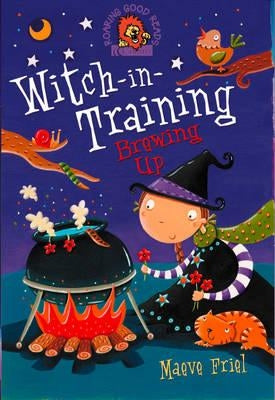Description
Thisbookgrewoutof anongoing e?orttomodernizeColgate University's three-term, introductory, calculus-level physicscourse. Thebookisforthe ?rst term of this course and is intended to help ?rst-year college students make a good transition from high-school physics to university physics. Thebookconcentrates onthephysicsthatexplainswhywebelievethat atoms exist and have the properties we ascribe to them. This story line, which motivates much of our professional research, has helped us limit the material presented to a more humane and more realistic amount than is presented in many beginning university physics courses. The theme of atoms also supports the presentation of more non-Newtonian topics and ideas than is customary in the ?rst term of calculus-level physics. We think it is important and desirable to introduce students sooner than usual to some of the major ideas that shape contemporary physicists' views of the nature and behavior of matter. Here in the second decade of the twenty-?rst century such a goal seems particularly appropriate. The quantum nature of atoms and light and the mysteries associated with quantum behavior clearly interest our students. By adding and - phasizing more modern content, we seek not only to present some of the physics that engages contemporary physicists but also to attract students to take more physics. Only a few of our beginning physics students come to us sharply focused on physics or astronomy. Nearly all of them, h- ever, have taken physics in high school and found it interesting.
About the Author
Charles H. Holbrow is a professional physicist who for over forty years has taught physics to undergraduates, chiefly at Colgate University but also at Caltech, Haverford College, Cornell University, the University of Wisconsin at Madison, MIT, Harvard University, and the University of Vienna. His research in nuclear physics and at the interface between nuclear and atomic physics has numerous publications in leading physics journals. He has been Vice President, President Elect, President (2003) and Past President of the American Association of Physics Teachers. AAPT has awarded him a Certificate of Appreciation of his service; Harvard University has awarded him a Certificate of Distinction in Teaching; he is a Fellow of the American Physical Society. Beth Parks is a physicist with ten years of experience teaching physics to undergraduates at Colgate University. Her research in experimental condensed matter physics has been published in leading scientific journals and supported by four grants from the National Science Foundation and one from Research Corporation. She has also received two National Science Foundation grants in support of educational programs, including one that funded a summer camp designed to interest 14-17-year-old girls in science by letting them explore the science of automobiles. She has been active in science outreach programs both at the K-12 level and to the general public.





















































